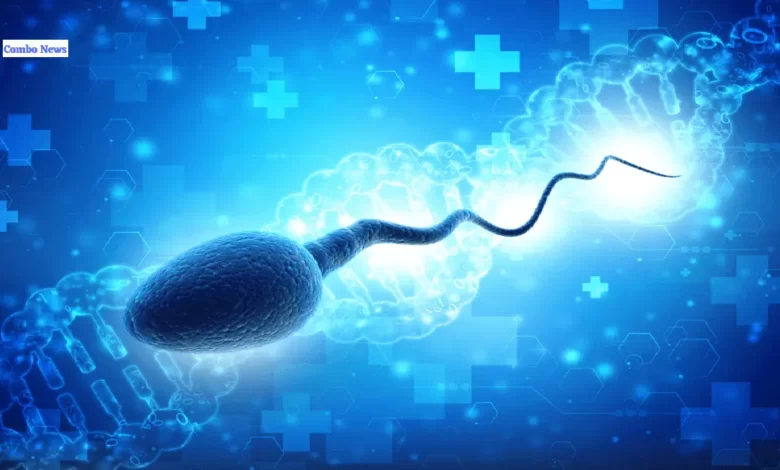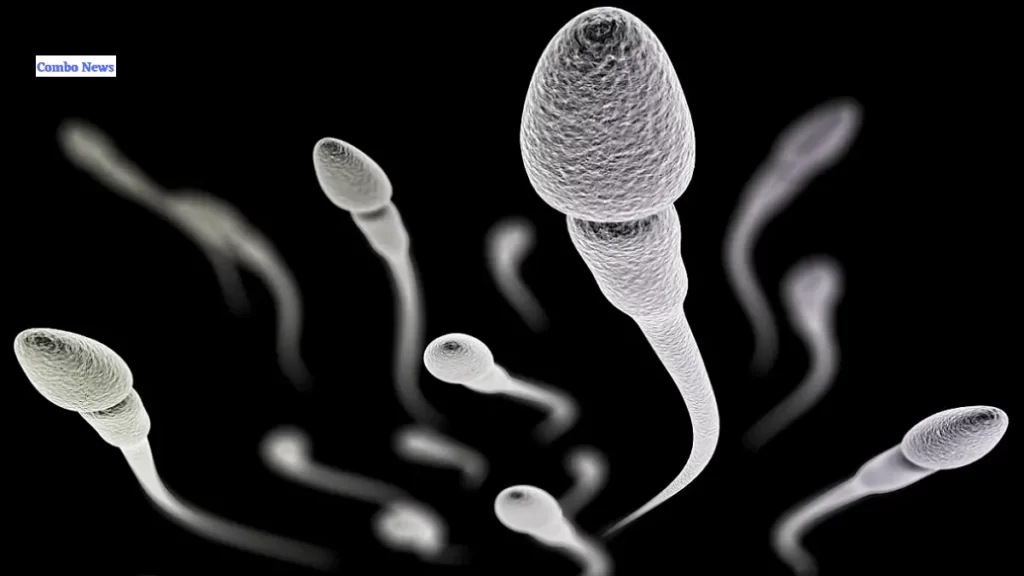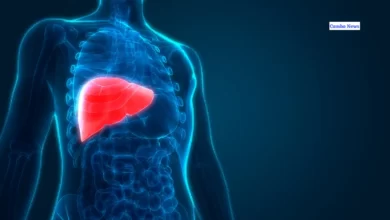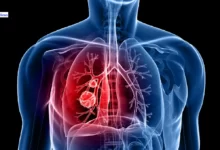
Table of Contents
Male Infertility: An important global health concern, obesity is growing at an alarming rate. Obesity is defined by the World Health Organization (WHO) as an unhealthy excess of body fat that harms a person’s health. According to recent data, 38% of males 18 and older were overweight in 2016 and 11.1% of them were obese. This startling number suggests that almost half of all males worldwide are struggling with their weight, either being overweight or obese.
A body mass index (BMI) of at least 25 is required to be considered overweight, while a BMI of at least 30 is required to be considered obese. Both diseases are characterised by an extreme or exceptionally high-fat buildup that is harmful to health. Surprisingly, the global burden of illness study from 2017 showed that this issue has become an epidemic, causing more than 4 million deaths annually because of problems associated with overweight and obesity.
Numerous research has suggested that obesity has an impact on male fertility. The precise process by which obesity affects male fertility is not known, though.
Is Obesity Linked with Male Infertility?
Steroidogenesis and spermatogenesis are significantly impacted by an elevated BMI. The aromatization of steroids to estrogens raises estradiol levels in the peripheral adipose tissue, which starts a negative feedback loop at the hypothalamic-pituitary level and results in secondary hypogonadism. Increased sperm DNA fragmentation, changes in spermatogenesis, and germ cell death can all be brought on by oxidative stress and inflammation.
Also Read | Dental Care During Pregnancy, More Details Inside
Sperm are altered by oxidative stress associated with obesity. Oxidative stress (OS) is brought on by an increase in reactive oxygen species (ROS) and a reduction in antioxidant capacity. Secondary messengers are influenced by this imbalance, and as a result, cell components and functions are negatively impacted. The fundamental mechanisms linking fat with sperm parameters need to be clarified. The information provided will aid the development of treatment or preventive interventions for male obesity-induced infertility.
At the end of each chromosome are repeated nucleotide sequences known as telomeres. DNA integrity is measured using telomere length as a biomarker. Telomerase, a reverse transcriptase, is extensively expressed in germ cells and is responsible for maintaining telomere length. A risk factor for the shortening of telomeres is obesity. Therefore, it’s critical to comprehend how obesity and the change in sperm telomere length (STL) are related.
Spermatozoa have a major autophagy mechanism that can become dysregulated as a result of obesity. This method is crucial for cells because it eliminates damaged organelles and offers the bioenergetic substrates required for cell survival. Cells in obese individuals have a depleted supply of energy substrate, and in response to food stress, the AMP-activated protein kinase (AMPK) signaling pathway activates autophagy. Additionally, several genes are linked to both male infertility and fat.

About The Study
Semen samples were taken from 32 people who were obese and 32 people who had a normal body mass index (BMI) for this investigation. Each participant was under the age of 45. These participants were chosen from among those who underwent a standard fertility evaluation at the reproductive clinic before attempting conception.
Also Read | An understanding of brain abnormalities and human cognition, More Details Inside
There were no signs of Klinefelter’s syndrome, varicocele, structural problems, genital infection, azoospermia, or hypogonadism in the participants chosen for this study. None of the participants also had diabetes, smoked, drank alcohol, took cholesterol-lowering drugs, or had ever lost weight before.
Study Outcomes
It was discovered that sperm volume, progressive motility, and overall sperm count were all negatively correlated with obesity. Additionally, in line with earlier studies, this study discovered that obesity increases sperm DNA fragmentation, intracellular ROS levels, and the proportion of sperm with immature chromatin.
Previous research has shown that alterations to DNA integrity have an impact on male receptivity and embryonic development. As was already mentioned, ROS is a crucial factor in OS formation and negatively impacts spermatozoa by causing DNA damage to both single- and double-strands.
The current study found that obesity decreases sperm viability through increasing apoptosis, which is in line with findings from other investigations. Notably, the proportions of spermatozoa that underwent early apoptosis and necrosis in obese patients and those with normal BMI were comparable. As a result of increased percentages of late apoptosis in obese patients, the authors assert that this is the first publication to demonstrate reduced sperm viability in these patients.
Also Read | Here Are Some Tips to Manage Hypothyroidism, More Details Inside
It was discovered that obesity is linked to a decreased relative STL value, which causes sperm telomere shortening. In obese people, there was a significant negative association between the relative STL and the DNA fragmentation index (DFI), age, body mass index (BMI), the percentage of sperm with immature chromatin, and intracellular ROS levels. Telomere shortening was caused by a multifaceted mechanism rather than being directly associated with obesity. For instance, telomere shortening, which impacts male fertility, is a result of higher ROS levels brought on by obesity.
Only intracellular ROS and DFI levels were shown to be inversely linked with relative STL in the control group. However, neither age nor BMI nor the proportion of sperm with immature chromatin was related to it. Patients with obesity have been found to have altered spermatozoa mRNA expression of autophagy-related genes such as AMPKa1, BAX, Beclin1, BCL2, and ULK1. Beclin1, ULK1, and BCL2 mRNA expression levels were found to be significantly higher in obese people. Consequently, it was discovered that the spermatozoa of an obese patient had dysregulation in the mRNA expression of genes related to autophagy.
Also Read | Lifestyle Changes for Liver Diseases, More Details Inside








